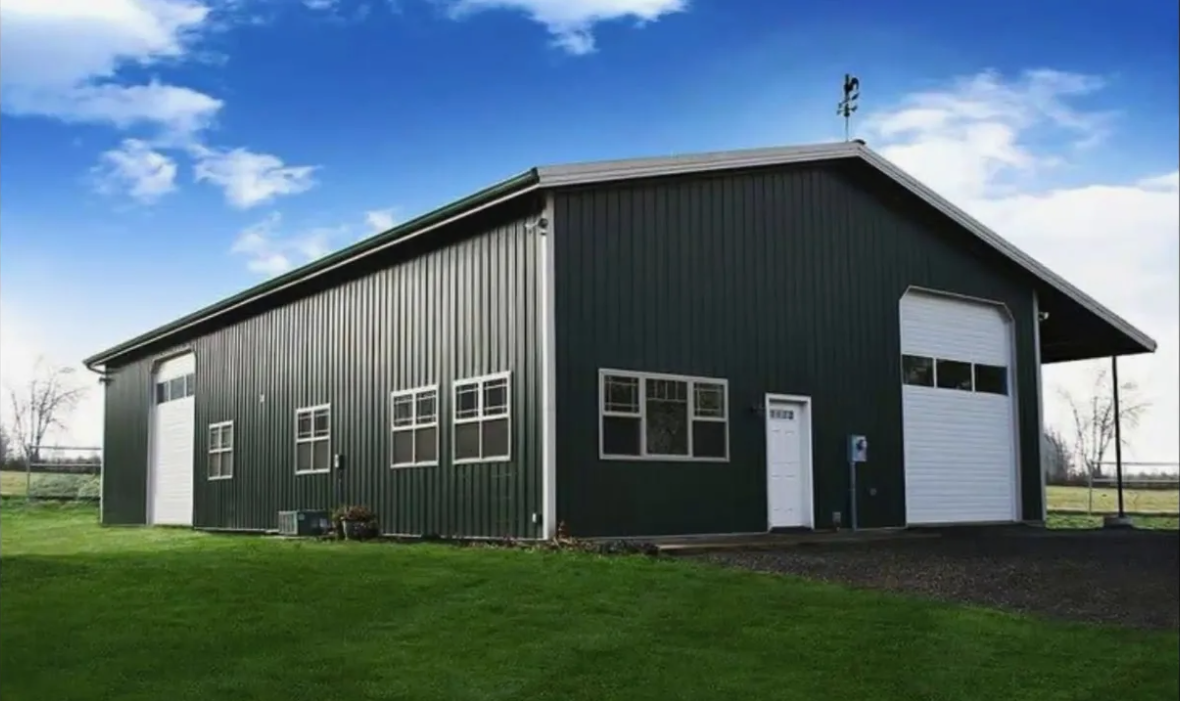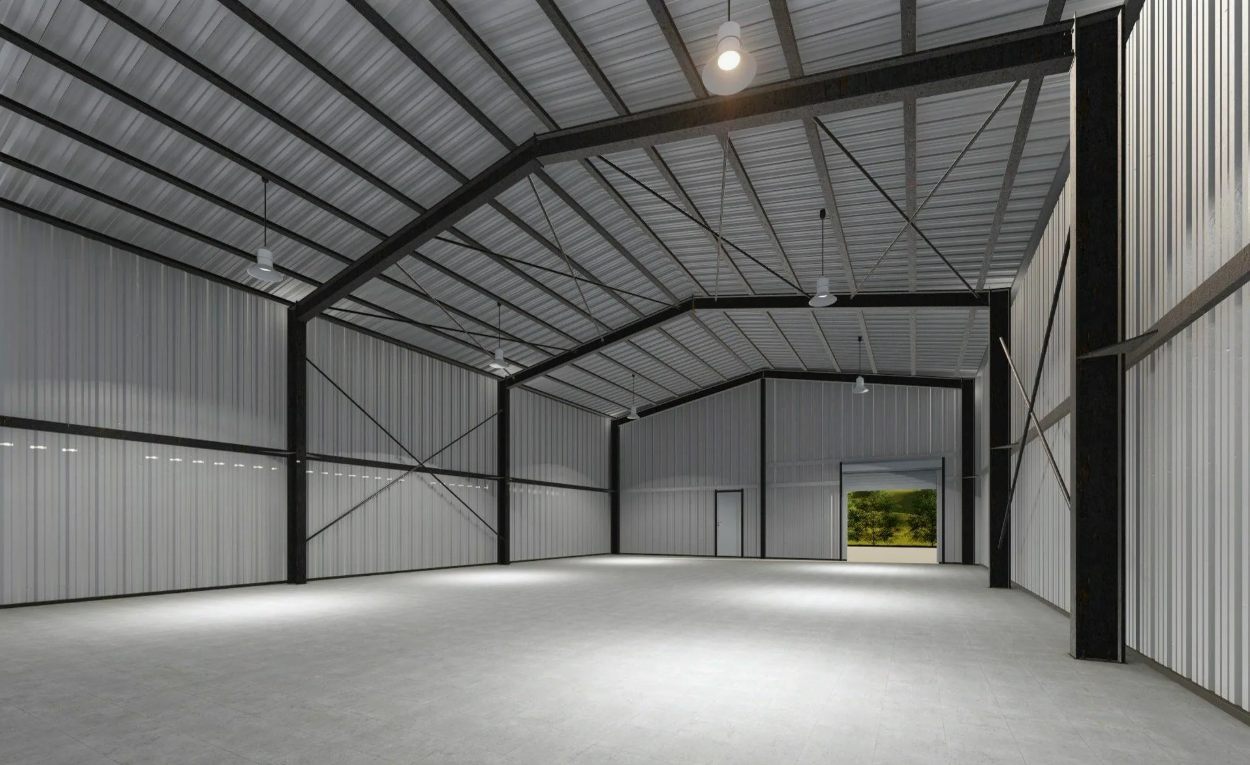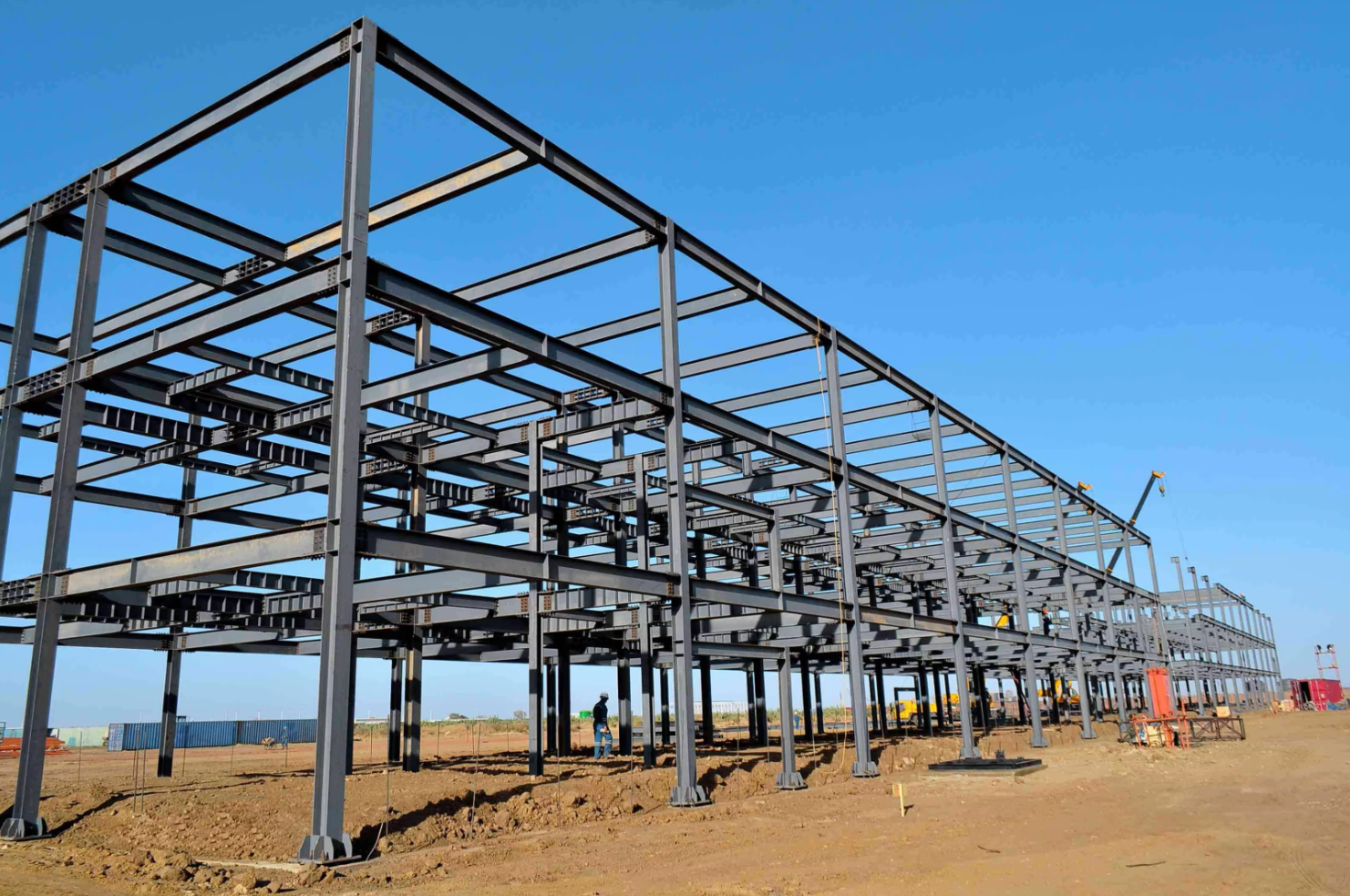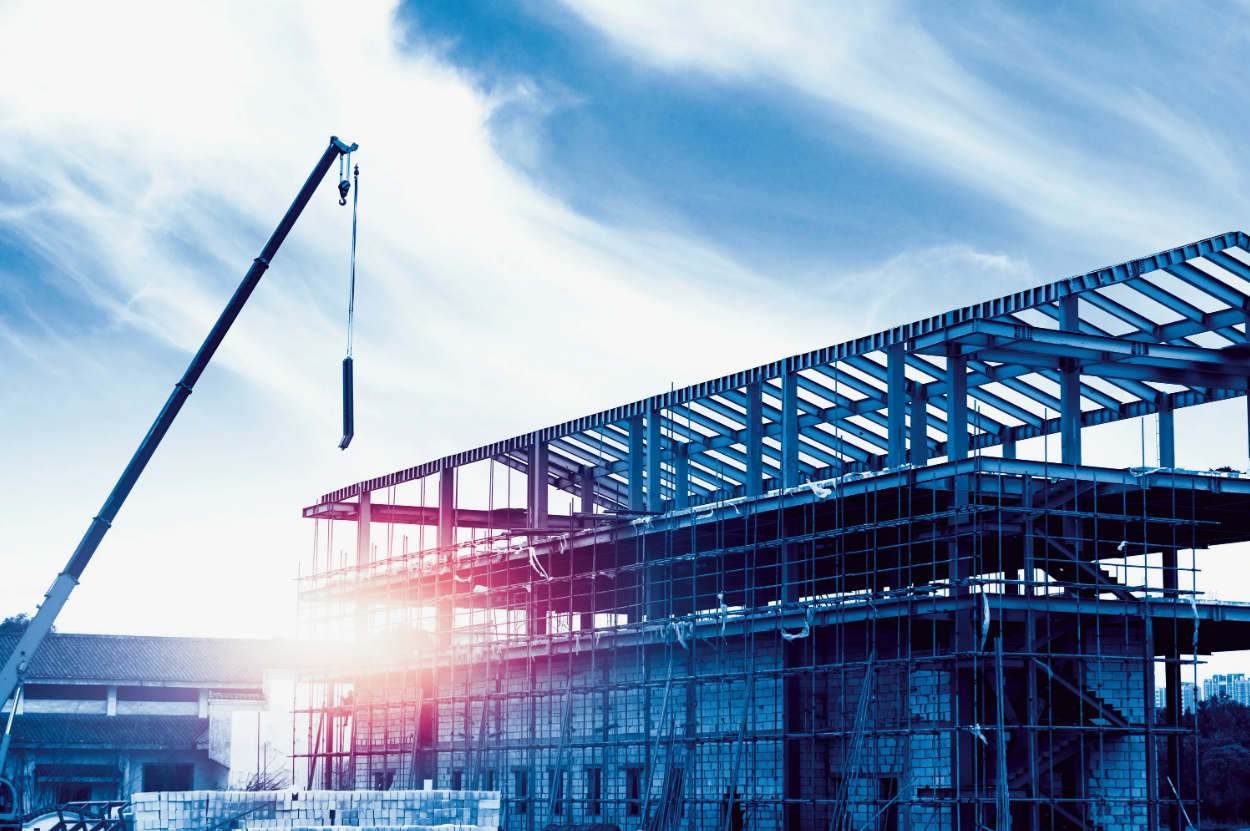Choosing the right supplier for steel buildings can decide the success or failure of your project. A good supplier ensures quality materials, precise engineering, and reliable service. The wrong one causes delays, cost overruns, and safety risks. Steel buildings serve many purposes—warehouses, factories, offices, and showrooms. Each project needs strong, efficient, and durable structures. The best suppliers provide not just steel but also expertise, technical support, and long-term partnership.
Check the Supplier’s Experience
Reputation and experience are the foundation of a reliable supplier. A company with a proven record understands how to manage large and complex projects. Always check how long the supplier has operated. A supplier with over 10 years of experience often has stable quality systems and skilled teams.
Companies with a good reputation generally have a strong team of engineers. Experienced engineers can better handle the relationship between usage requirements, actual conditions and construction costs. This not only makes the project progress smoother, but also effectively reduces costs.
Ask for client references and previous project photos. Real projects show the supplier’s ability and credibility. Reputable suppliers often list projects on their websites, including factories, logistic centers, and showrooms.
You can also check online reviews and certifications. A company certified with ISO 9001 or CE marking usually follows international standards. Experienced suppliers know how to design for local climates, wind loads, and building codes. Reputation and experience build trust and reduce risk.
Evaluate Design and Engineering Capability
A strong design and engineering team is essential for a good steel building supplier. The best suppliers use advanced software such as Tekla, STAAD.Pro, or AutoCAD to produce accurate drawings and 3D models. These systems help ensure all structural components fit perfectly on site.
Check if the supplier provides customized designs. Each project has unique requirements—like roof load, wind pressure, or crane systems. Suppliers with in-house engineers can adjust designs easily.
Good suppliers also run strength and load simulations before production. They can show reports proving the building’s ability to handle heavy loads or strong winds. Always ask to see these reports. Strong design and engineering ability ensure your building is safe, cost-efficient, and durable.
Review Production Capacity and Equipment Quality
Even a great design fails without proper production. A reliable steel building supplier needs modern equipment and a high production capacity. Look for factories with CNC cutting machines, automatic welding lines, and H-beam assembly machines. These tools improve precision and speed.
Steel structure buildings have the advantages of easy construction and low cost, but the requirements for steel components are very high. Defects such as the length of the component and the position of the mounting hole will cause the component to be unable to be properly installed according to the drawings. This will cause hidden dangers for the entire project. The purchase of equipment such as laser cutting machines, 3D CNC drilling, etc. has high capital requirements for suppliers.
Ask to visit the production facility or view videos. Check whether they have a quality control team that inspects each beam and plate. Poor fabrication leads to misaligned holes, uneven surfaces, or weak welds.
Suppliers who use high-strength steel such as Q345B or ASTM A572 can provide stronger yet lighter structures. Also, ask about surface treatments like sandblasting and painting. A good paint system can extend a building’s lifespan by over 10 years in coastal climates. Production capability ensures consistent quality and reliable schedules.
Assess Quality Control and Material Standards
Quality control defines the reliability of a steel building. Reputable suppliers follow strict testing and inspection processes. They check every stage—from raw material selection to final packaging.
A good supplier provides mill certificates for all steel materials. These certificates show chemical composition and strength data. For example, structural steel should meet yield strength of at least 345 MPa for heavy buildings.
Inspect welding quality too. A skilled welder produces clean, continuous welds without cracks. Many suppliers use ultrasonic or magnetic particle testing to check internal weld quality.
Coating quality also matters. Steel structures exposed to moisture or chemicals need zinc-rich primers or epoxy coatings. A layer of 80–100 microns usually provides strong corrosion protection. Always ask for inspection records and test reports. Strong quality control ensures safety, durability, and consistent performance.
Compare Pricing, Delivery Time, and Logistics
Price is important, but it should not be the only factor. Cheap prices often mean weak materials, poor service, or late delivery. Instead, focus on value for money.
Ask for detailed quotations that list material grades, paint systems, and fasteners. Compare offers from at least three suppliers. A fair price difference is usually around 5–10%. Anything much lower may hide quality issues.
Cost is positively related to the quality of the product. It is inappropriate to sacrifice quality simply to reduce costs in the long run.
Check delivery time and shipping support. A reliable supplier arranges sea or land transport efficiently. They use steel frame packaging and waterproof wrapping to prevent damage.
Examine After-Sales Service and Technical Support
Good service does not end after delivery. After-sales support proves the supplier’s professionalism. Strong suppliers offer installation guidance, maintenance training, and technical advice.
Ask whether the supplier provides spare parts or replacement materials. In large steel buildings, a single missing bolt or purlin can delay work. A supplier with efficient service can ship replacements within days.
Warranty coverage is also key. Many suppliers offer a 10–15 year structural warranty and a 5-year paint warranty. These guarantees show confidence in product quality.
Communication matters too. A responsive supplier replies quickly to emails or calls and provides progress reports during production. You can judge reliability from their response speed before the contract.
Strong after-sales service builds long-term cooperation. It ensures that the steel building remains safe and efficient for many years. Always choose a supplier who supports you beyond the sale.
Choosing a suitable steel building supplier requires careful evaluation of many factors. You must check their reputation, design ability, production capacity, quality control, pricing, and after-sales service. Each part affects cost, performance, and safety. Do not rush your decision rely on online price inquiries. Visit factories, verify certificates, and compare services is necessary.
Post time: Nov-10-2025





